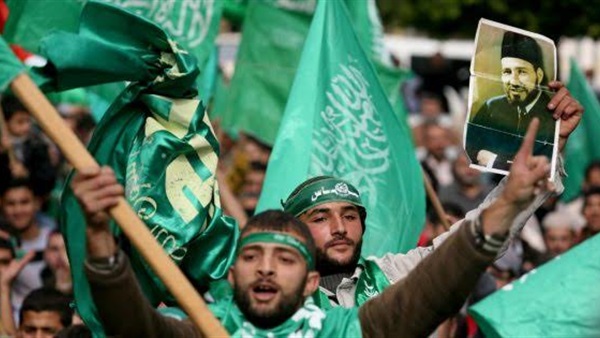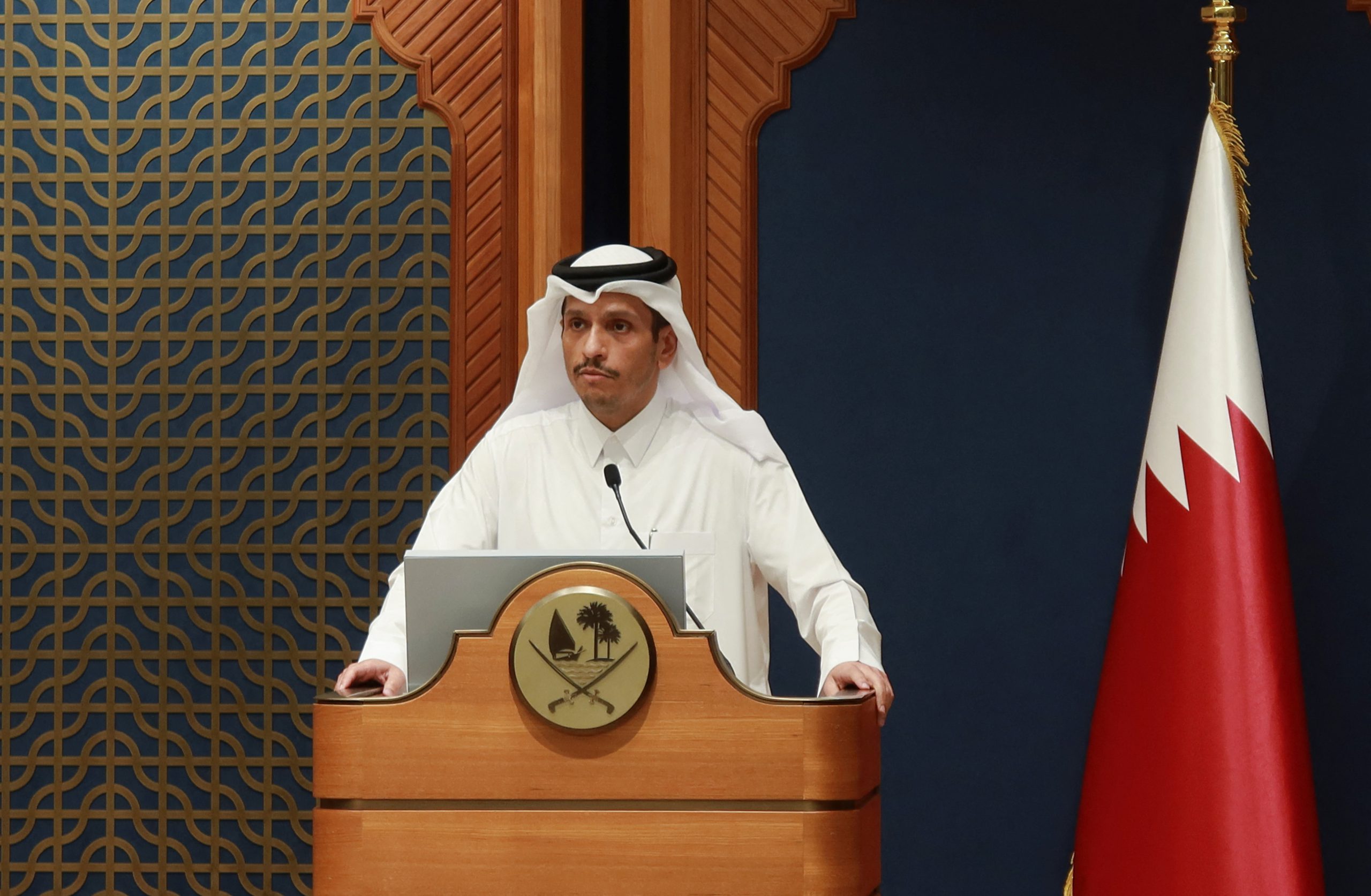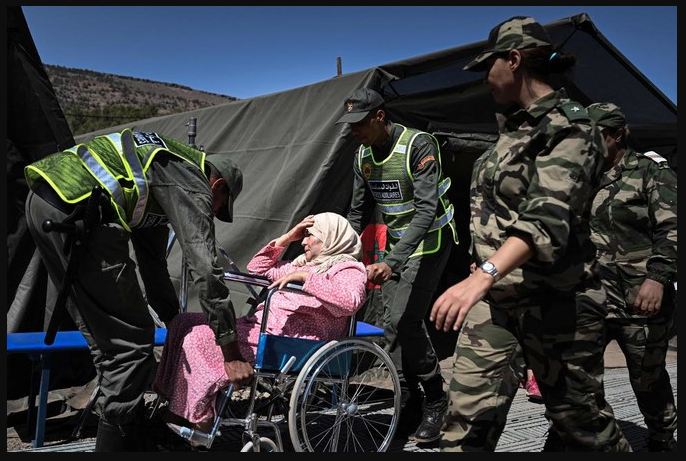UAE Analyst Taha Slams Western Silence on Muslim Brotherhood’s Rise
Dubai — In a recent podcast interview that has sparked renewed debate over the West’s handling of Islamist extremist groups, Amjad Taha, a prominent Emirati political analyst and regional affairs expert, issued a stark warning about the growing threat posed by Iran-backed terror networks and their expanding global reach.
Taha, a vocal critic of the Iranian regime and the Muslim Brotherhood, said the world is repeating the same mistakes that allowed Osama bin Laden to rise unchecked—this time, in places like Sudan and Gaza.
“The Houthis are now training members of Hamas and jihadists in Sudan to use drones,” Taha revealed. “They have access to Iranian drone technology, and it’s only a matter of time before they choose to strike—maybe tomorrow, maybe years from now. But it’s dangerous if we don’t deal with it.”
His comments come amid heightened concerns over drone warfare being deployed by non-state actors across the Middle East and Africa, as Iran continues to export advanced weaponry and ideological influence through its proxy networks.
A Growing Danger in Sudan
Taha expressed particular concern over Sudan, where, according to his claims, militant groups are preparing for larger-scale attacks using drone capabilities gained through Houthi and Iranian training programs.
“We are just waiting for another Bin Laden to grow in Sudan—to carry out another 9/11,” he warned. “And that’s exactly what’s happening. The world is waiting again.”
The political scientist criticized the international community, particularly Western nations, for ignoring early warnings and failing to act decisively against groups operating under religious or humanitarian cover.
The Muslim Brotherhood and the West
Taha also highlighted the role of the Muslim Brotherhood, calling them the “ideological engine” behind many extremist movements. He applauded the UAE and other Gulf nations for formally banning the group and classifying it as a terrorist organization.
“Countries like mine, the UAE, have banned the Muslim Brotherhood and spoken clearly to the West about the dangers they pose,” he said. “But unfortunately, many of these extremists now operate freely in the West—masquerading as activists, lawyers, or human rights defenders.”
In a controversial segment, Taha referred to specific cases in the United Kingdom, where individuals with extremist ties allegedly defended criminals, including those involved in sexual abuse cases, under the guise of political or religious victimhood.
“When people speak out against these crimes, they’re called Islamophobic,” he said. “That is not Islam. Rape, terrorism, and criminal acts do not represent Islam or any religion.”
He stressed the need for freedom of speech to be protected when addressing such issues, warning against censorship disguised as tolerance.
“British citizens have every right to criticize these radicals. That is not Islamophobia; that is truth. But they [extremists] use the label to silence dissent.”
A Call to Action
Taha’s remarks also took aim at figures like Recep Tayyip Erdoğan and other leaders whom he accused of using religion as a political weapon, while maintaining ties with Brotherhood-affiliated networks.
He drew parallels between the situations in Gaza, Sudan, Turkey, and even India, warning that the ideological infrastructure underpinning jihadist movements is transnational, and that failure to counter it now could have catastrophic consequences later.
“Whether it’s my brother in the UAE or a citizen in India, we face the same threat. Letting this ideology grow unchecked puts all of us at risk.
Nonetheless, his message is clear: ignore the warning signs now, and pay a much higher price later.



